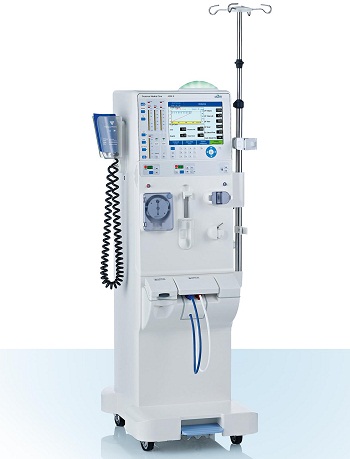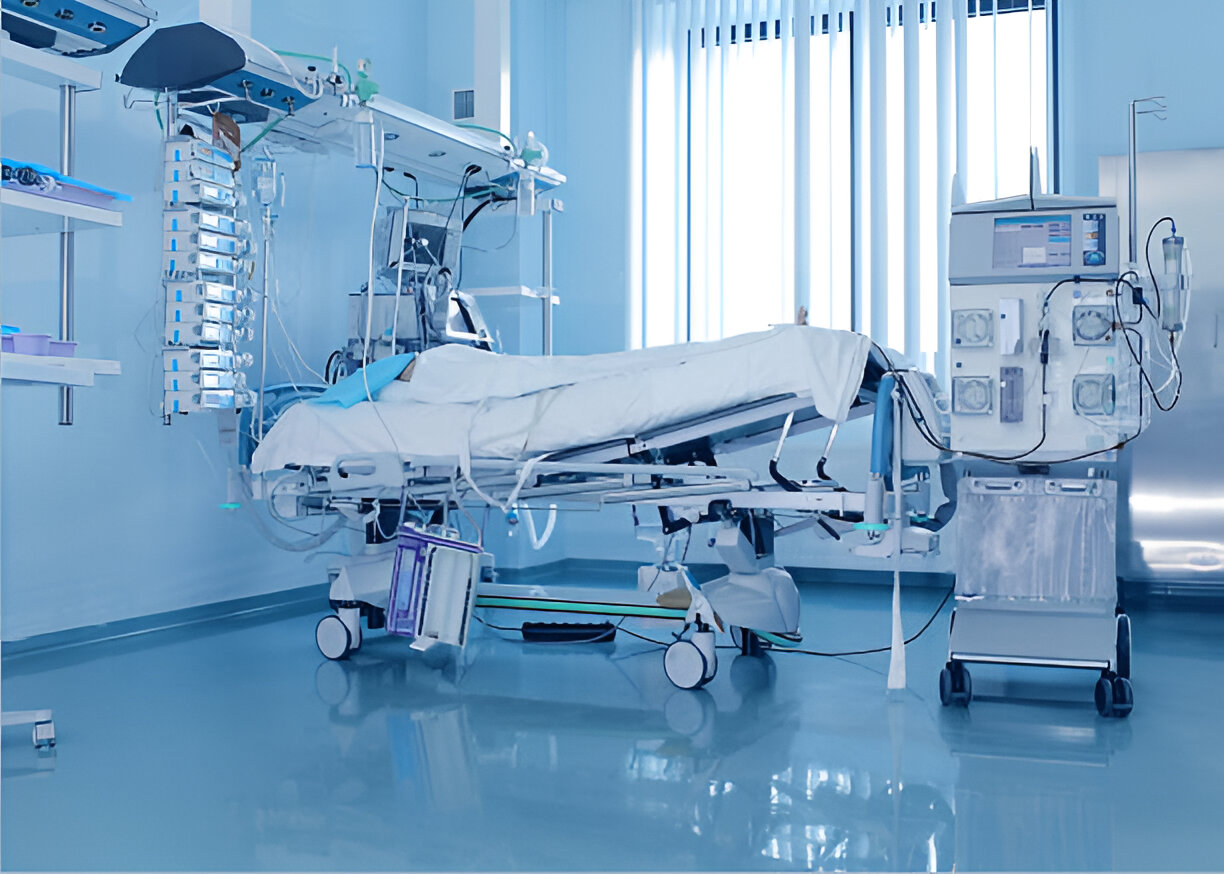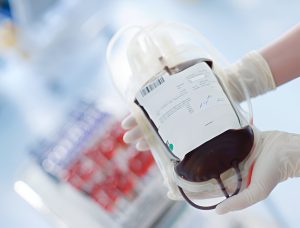A dialysis machine is a vital medical device used to treat individuals with kidney failure or severe kidney disease. When kidneys cannot perform their natural function of filtering waste, toxins, and excess fluids from the blood, dialysis machines step in to do the job, ensuring the body remains balanced and healthy.

What Does a Dialysis Machine Do?
The primary function of a dialysis machine is to mimic the filtering process of healthy kidneys. It removes waste products, toxins, and excess fluids from the blood while maintaining the balance of essential substances like potassium, sodium, and bicarbonate.
Who Needs Dialysis?
Dialysis is recommended for individuals with end-stage kidney disease (ESKD), severe kidney damage, or acute kidney injuries requiring temporary support.
Importance of Dialysis Machines
Dialysis machines are lifesaving devices for millions of patients worldwide. They maintain health when kidneys fail, improve quality of life by reducing symptoms like swelling and fatigue, and allow patients to continue with daily activities despite kidney issues.
Conclusion
A dialysis machine is more than just medical equipment; it is a lifeline for those with kidney problems. With advancements in technology, these machines have become safer, more efficient, and more accessible, offering hope and a better quality of life to patients in need.




